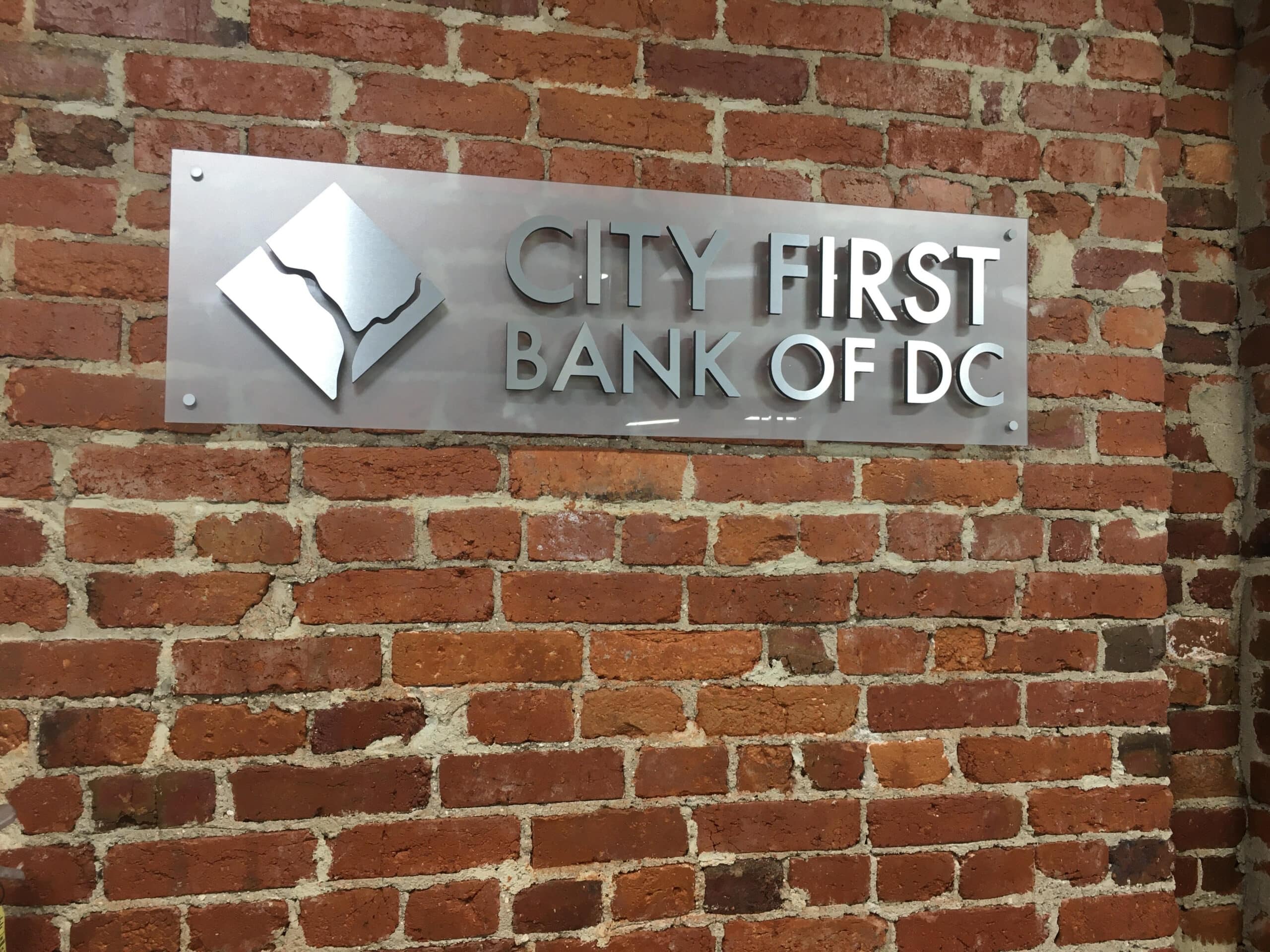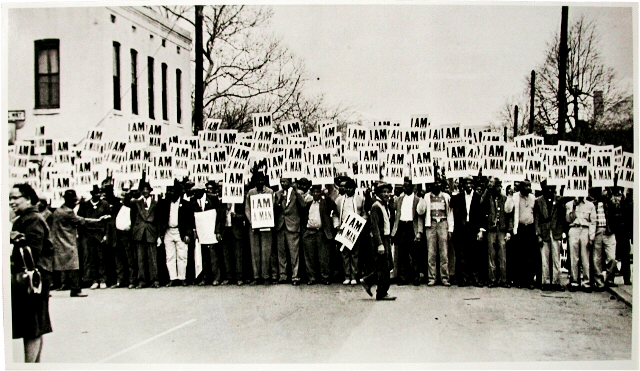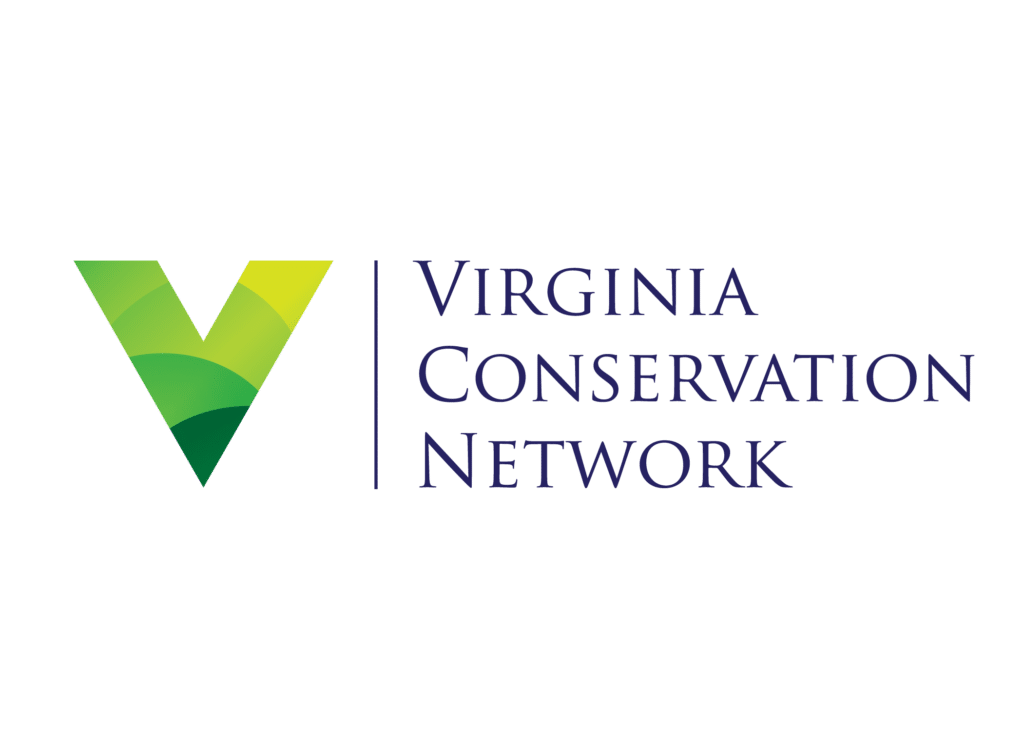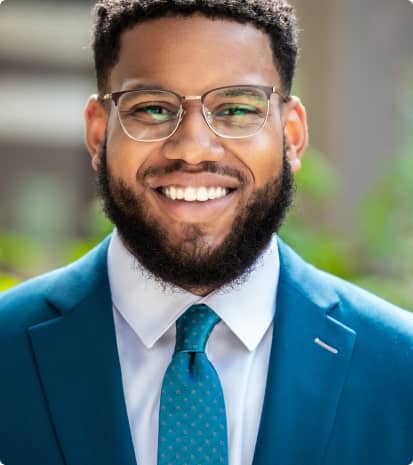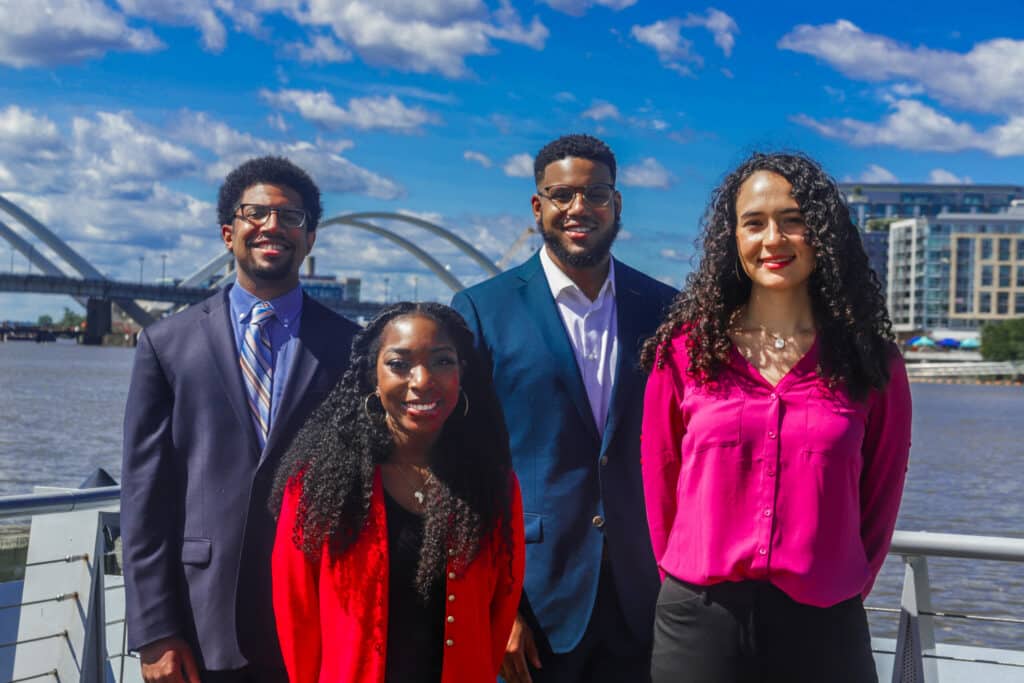
Reflecting on Our History
o much of our history is rife with environmentalism, but is not often labeled as such by white power structures. George Washington Carver, for instance, was not simply ‘the peanut guy’. His emphasis on nitrogen rich crops like sweet potatoes and peanuts was an attempt to introduce sustainable agriculture practices to the South, and especially Black farmers, after centuries of exploiting land and labor nearly destroyed the soil.
Martin Luther King Jr.’s last speech was at the Memphis sanitation worker’s strike. He died supporting a movement that, at its core, was about justice for the workers who keep our communities habitable by removing waste. In fact, the very placement of facilities to process toxic waste in Black neighborhoods such as Warren County, North Carolina sparked protests which catalyzed the modern environmental justice movement. The environmental justice movement in particular owes much to the leadership of Black women such as Peggy Sheperd and Dr. Dorceta Taylor who were pivotal in the creation of the 1991 Principles of Environmental Justice. And today, Black women are leading resistance to poisoned water pipes,natural gas pipelines and inequity in natural disaster relief.
This history lives with us today, because even as Louisville explodes over the lack of accountability for the murder of Breonna Taylor, there was already a slow burning movement over industrial air pollution in a nearby neighborhood called Rubbertown cutting life expectancy short by over a decade.
This long tradition with environmental issues is partly why we are significantly more concerned about the climate crisis than whites (57% to 49%). Black students grasp this. According to findings from Dr. Dorceta Taylor, they take courses such as Biology, Geography and Marine Science at slightly higher rates than their white counterparts. Yet, white people still disproportionately dominate environmental organizations, because they have more access to connections within traditional environmental outlets and encouragement to pursue their work.
The lack of diversity within mainstream environmentalism cannot be divorced from its racist past either. White supremacists like Madison Grant, who influenced the deeply racist 1924 immigration bill, and John Muir were among the founders of modern American environmentalism. Their circle of eugenicist colleagues left a legacy defining environmentalism through white ethics that still must be grappled with today. As the United States and the rest of the world become increasingly defined by the effects of the climate crisis and the solutions needed to limit it, we cannot let the future of environmentalism resemble its past.
Why We Need Change
We need more Black people involved in urban planning because our communities are being swallowed by rising sea levels and rising prices from climate gentrification.
We need more Black clean energy executives and professionals because clean energy programs mostly benefit the wealthy while low-income households struggle to reach energy independence; and because Black homeowners and renters pay hundreds of dollars more in energy bills each year, regardless of income, household size or zip code.
We need more Black people in disaster mitigation and government because billions in loans to rebuild homes and businesses for our communities have been rejected at twice the rate of white communities.
We need more Black people involved in food justice and agriculture because so many of our communities are food deserts – increasing rates of diabetes and malnourishment .
These issues are intersectional. Black professionals and advocates in environmental and sustainability fields need to pool together our intellectual resources and work through these problems together. We hope that our existence as an association will help provoke this necessary collaboration and innovation.
Be Part of the Solution
BlackOak’s goals are simple: create Black community across environmental sectors, build and foster channels for mentorship and job opportunities, engage with students to build a pipeline of Black candidates interested in environmental careers and foster collaboration and innovation across different environmental fields.
As we start this organization, we encourage Black professionals, advocates, students, and leaders to join us. Moreover, we call on organizations in clean energy, climate, environmental justice, environmental restoration and conservation, environmental education, sustainable agriculture, architecture/planning, government, and transportation and so many other fields to support our movement. BlackOak offers a clear way to create the change so many environmental organizations are now calling for. So please join us as we create an official home throughout the DC area for the network of Black people working for the wellbeing of our environment and our communities.
